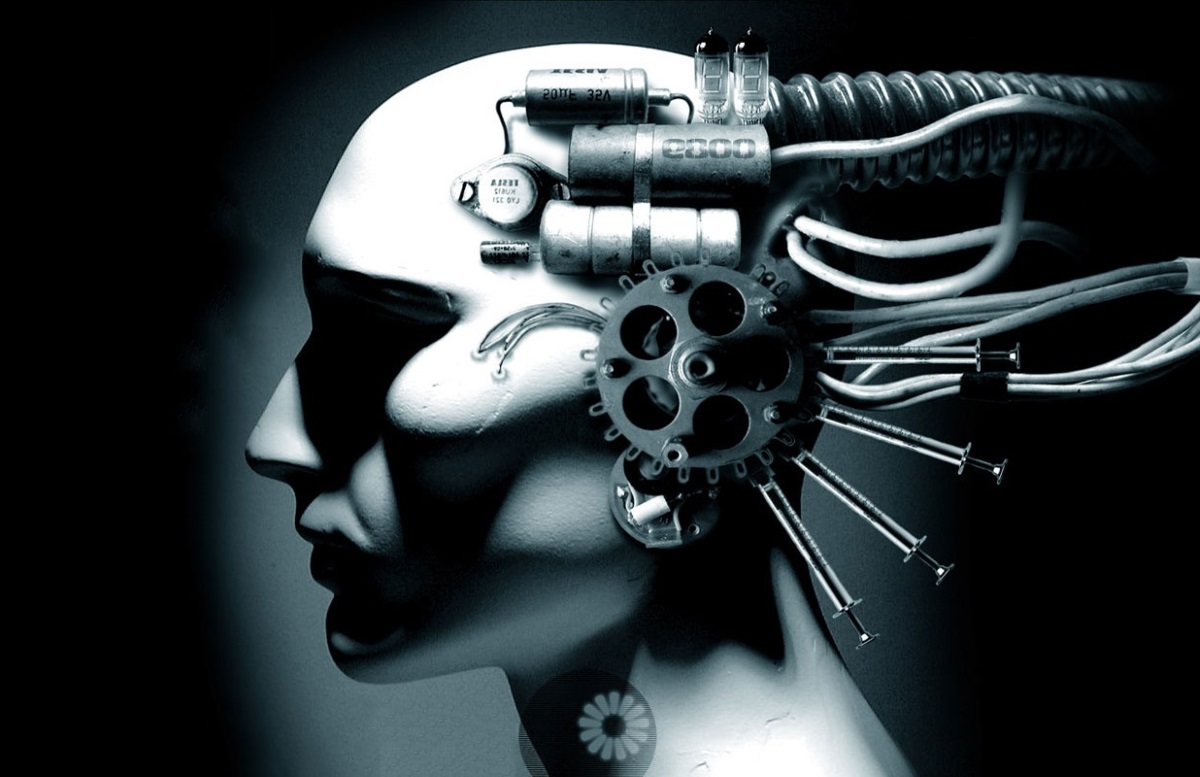On page 21, Klaus tells us,
“Synthetic biology is the next step. It will provide us with the ability to customize organisms by writing DNA.”
I can’t even begin to tell you how much of a problem this is. Humans are effectively playing God. Again, globalists make it sound great.
They talk about how it will help medicine and provide individualized protocols for health and all that good stuff.
Page 22
“In fact, the science is progressing so fast that the limitations are now less technical than they are legal, regulatory, and ethical. The list of potential applications is virtually endless.”
The problem simply is just because you can doesn’t mean you should.
Generally, “hacking the code” euphemistically means some kind of improvement.
Customization means a similar thing, i.e. exactly how you want something.
But what if you desire something that isn’t optimal? What if you require blind obedience or something else that takes away individuality and the ability to think critically?
I think everyone needs to be aware at how technology can be used to the detriment of yourself while providing a level of convenience we’ve never known before.
Why on earth would Klaus think the statement on page 23 is good thing?
“we are developing new ways to employ devices that monitor our activity levels and blood chemistry, how this links to well-being, mental health, and productivity at home and at work.”
He clearly doesn’t see an ethical problem.
“It’s the biological domain where I see the greatest challenges in the development of both social norms and appropriate regulation.”
Almost casually he mentions again on page 23
“… that is far easier to manipulate with precision the human genome within viable embryos means that we are likely to see the advent of designer babies in the future…”
Master race anyone?

All anyone needs to do is watch the movie Gattaca to see what issues this creates. But Klaus does make the following statement on page 23:
“the social, medical, ethical, and psychological challenges that they pose are considerable and need to be resolved, or at the least properly addressed.”
Properly addressed can mean everything from actually resolving the issues to putting a one liner in a policy document that says this is a complex issue and needs to be discussed further, we will work in tandem until a resolution comes to fruition, or something like that.
Of all the things in this book, this is by far the most sinister.
The rest of the book relates to technology and how it will displace those lowest on the working ladder, i.e., the uneducated, those in service-related jobs, etc which has been the case from day one regarding technological advancements.
Page 38 he tells us:
“employment will grow in high-income cognitive and creative jobs and low-income manual occupations, but will greatly diminish for middle-income routine and repetitive jobs.”
To Klaus, technology seems to be the end all and be all and because of all the great things it does for the consumer, i.e. me and you will embrace mostly all of it, and because of the way the fourth revolution has changed the way we do things we will accept them because it’s not about a good or service, but “… a product experience.”(page 53)
In order for that to happen, massive amounts of data are required.
The problem with this is the blending of all this data and the human.
It’s one thing to have an app on your phone that tells Uber, for instance, where you are in relation to the closest Uber driver it’s quite another to wear clothing that monitors your vitals and uploads that data real-time to some faceless corporation for who knows what.
Implantable devices seem to be the endgame.
Just in case you’re wondering, this was brought to the fore back in 2006 with Aaron Russo’s America: Freedom to Fascism and possibly earlier.
The whole point of these examples is to get buy in from the public.
If people see it as a good thing, then the nay sayers are just unwilling to change.
